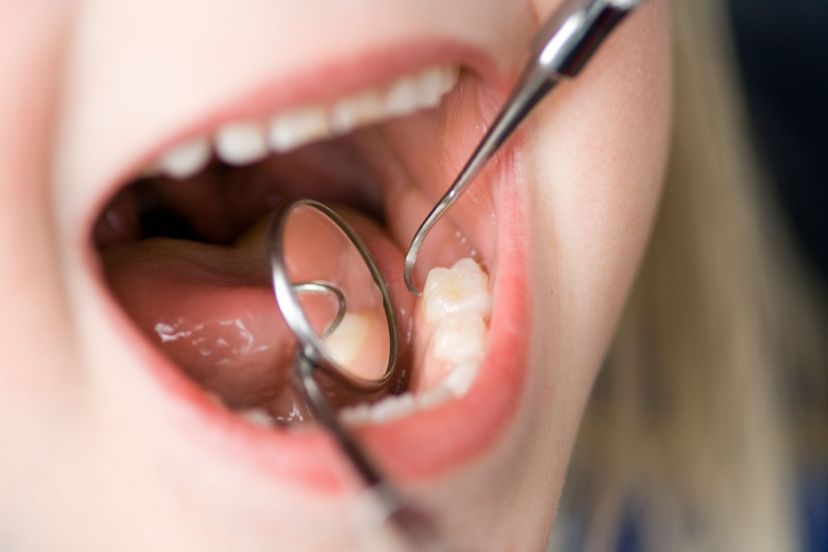It is difficult to find a person who routinely eats three meals a day. Typically, children are the only ones who do this. They wake up in the morning and eat breakfast, shuffling off to school afterwards. They eat lunch around noon, only to come home and eat dinner around six. Many adults have a difficult schedule that do not allow us to eat when we are supposed to, much less brush and floss. For some reason, the same goes for many children. However, there is no excuse why oral hygiene should be neglected. If you are interested in learning more about the problems associated with not brushing, you should visit Greene Street Dental.
The biggest problem: decay
It is essential to understand and assume the risks of not brushing after every meal. Cavities is the most common chronic childhood disease in oral healthcare. In fact, it is the most common among adults and youth. Whenever we eat, bacteria interacts with foods to produce acids which attack the teeth. This leads to the demineralization of the enamel. The more sugar present, the more acid that is produced.
This means all the sugary and sticky foods you consume (which include carbohydrates and carbonated drinks), are more likely to help the mouth develop caries. This occurs between meals, especially when the mouth produces less saliva. Saliva helps to combat and neutralize acids, but when there is a lessened amount of this, it can pose a serious risk to your oral health.
If you forget your toothbrush, you can & hellip;
The best advice dentists give, when you do not have a toothbrush present, is that you follow the simple tips below.
- Eat your sweets, biscuits and cakes at the end of the meal (and not between meals). This is when the amount of saliva produced is at its largest.
- Milk acts as a buffer to help combat acids produced by oral bacteria. This lessens the chance of tooth decay. Thus, end the meal with a dairy product.
- Drink a lot of water. This will help improve moisture, and also help to prevent a drop in pH levels.
- Chewing gum with xylitol and sugar after a meal helps stimulate saliva formation. It will go a tad further by removing food debris.
If you are interested in learning more about the information in this article, schedule a consult with your local Dentist in SoHo, New York today.



